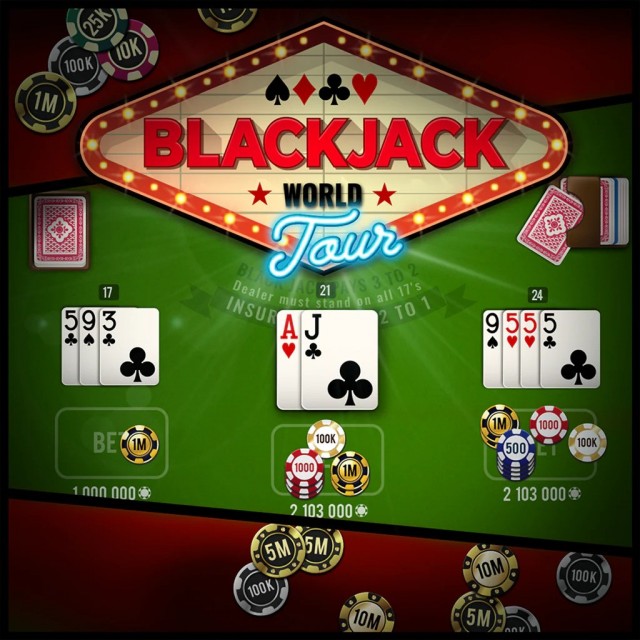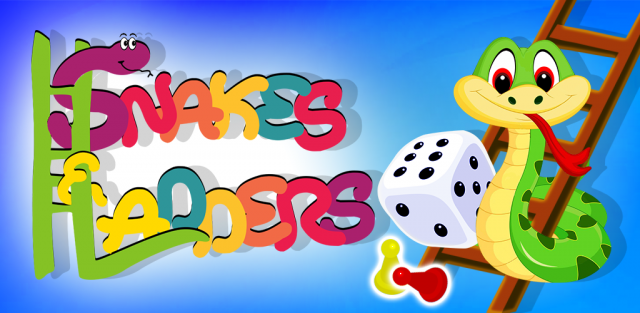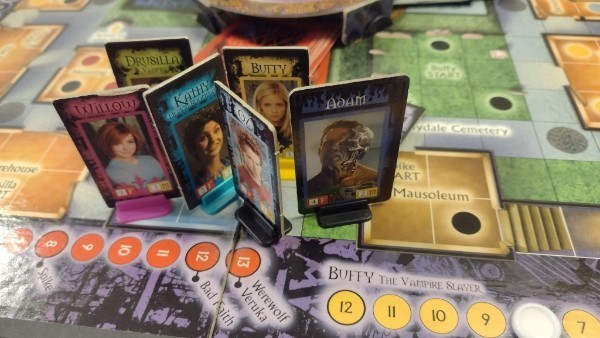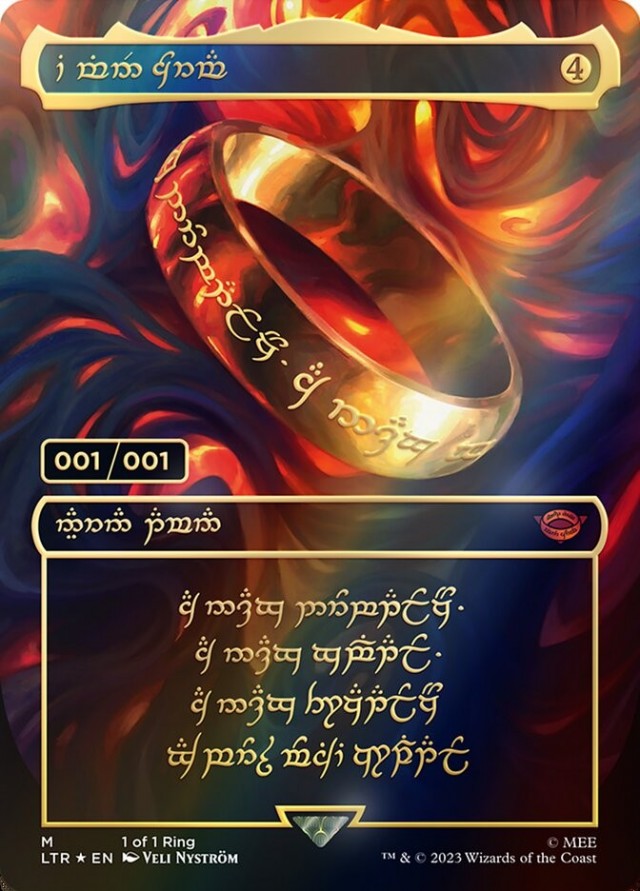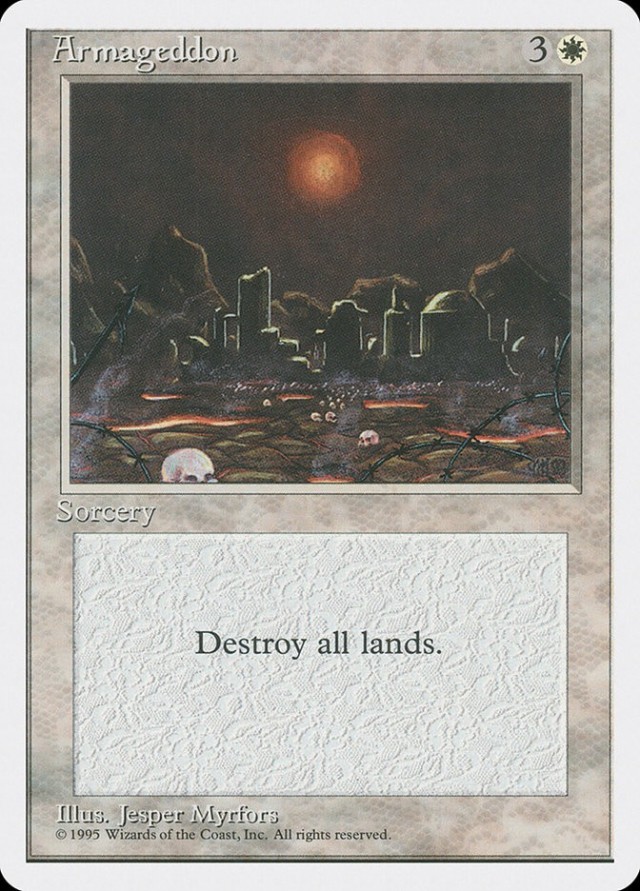Strictly speaking, I cannot truly review Stronghold Games' new Confusion. I've never actually played their edition of the game. I have spent some time with a production copy of their version and have a couple dozen plays of the original or so over the years.
Confusion is a game set during the Cold War centered around manipulating your spy network to move around a briefcase. Except that it is really a very abstract game with some dressing and nice art. This is a game by the (sort of) author of Code 777, and the Phalanx-Chess game Epaminodas. Confusion is basically a genre-bending cross of those two ideas: Deduction Chess.
Calling it an abstract probably brings with it a ton of baggage. You are no doubt expecting a ritualistic torture involving having to think 12 moves ahead of your opponent, and played exclusively by guys with glasses. Confusion doesn't really play like that, or like anything else.
Confusion has pieces that move 1-3 spaces per turn according to arrows written on the piece (akin to Shogi). You move a piece, carrying or throwing the briefcase if you are on the space with the briefcase. You capture other pieces by landing on them and they die. So far, you are thinking back to that whole Chess mindset, aren't you.
The twist is the deduction aspect. You don't know how your pieces actually move. Your opponent does. When you make a move, it may not be possible in which case your turn ends and the move doesn't happen. Gradually over the course of the game, you pick up a fairly small set of known possible moves.
The game ends up being much simpler than Chess. You really only know a handful of moves, and are just making wild guesses at anything else. The end result adds a level of uncertainty and lightness to what could be an abstract game.
Even the deduction aspect is pretty trivial to deal with. You just mark out some blocks on the included deduction grid after you make a move. The grid is remarkably well organized so it is simple to note the information you have learned. The grid also takes out the need for overly complex correlation typical of what you think of as a deduction game.
You may still be wondering where the actual fun is...the answer is that this is a game of bluffing.
Once you tear through the relatively simple Chess and Clue mechanics, you start to realize that you know EVERYTHING about your opponent's possible moves. And you know what information he knows about his own pieces. Meaning that you can freely move your pieces where he can easily capture them as long as you can bluff. And the game is won just as much by your skills and lying and deceit than thinking ahead several moves.
Winding back to the whole Cold War thing. The game is still very simple and abstract, but it does feel like a crazy Cold War chess. Pieces are moved forward to get hopeful lines of attack on the briefcase, then probes are sent around the edges to take out spies and try to get position. It is all hesitant and halting steps, hoping not to lose a crucial spy whose movement you understand.
Then someone grabs the briefcase, and usually things begin to happen quickly with a lot of pieces dying in successive moves, and the briefcase ending up somewhere. It is still an extremely abstract structure, but the Cold War elements are a very appropriate choice for the dressing.
Stronghold also added one new aspect of a Double Agent. Basically, it is an agent on the other team that you can approve or refuse moves at whim. Of course, once you contradict a previous move, his cover is blown. I have not played with this newer addition to the rules. I can tell that it will make the deduction aspect of the game a little more uncertain, and could lead to some nice endgame surprises.
Production:
Is both gorgeous and functional. Especially when compared to the Franjos original. The eye-searing 9x9 painful to look at grid is now a nice US/USSR flag map thing. The flawed wooden pieces are replaced with solid 2-piece Mah-Jongg tiles which definitely obscure the critical move information inserts.
(Note: The old Franjos version used 2" painted wooden blocks with labels on the back. A chit was placed on top to randomize the piece name, but the wood grain and paint wear over time can mark the pieces. The Stronghold version uses a shell piece to eliminate this problem.)
The small deduction pads are now oversized dry-erase folders. These are very easy to correct mistakes, as well as easier to conceal and deal with. The Briefing Document look is also kind of adorable. (Yes, the core game is abstract as hell. But the details in the production to sell the theme are quite thorough. Given my history with the game, I can't see it beyond the abstract original. But it might work for you.)
Confusion has long been one of my favorite 2-player games, for which my only complaint has been a lack of decent players. It is wholly unique in a way that you cannot fully appreciate without playing it, and has dramatic turns of fortune and fate resembling the old Columbia block games, but it a much simpler and more focused package.
This is the sort of thing that I adore seeing Stronghold do. So far, their games are all 60's and 70's kind of mainstream games. There is this weird, not-well-defined "classic" feel I associate with the best of those period games. The kind of game that will never grow old or centered on some fad mechanic that will be done to death and unloved in a couple of years. Confusion is one of those classics.
 Games
Games How to resolve AdBlock issue?
How to resolve AdBlock issue? 